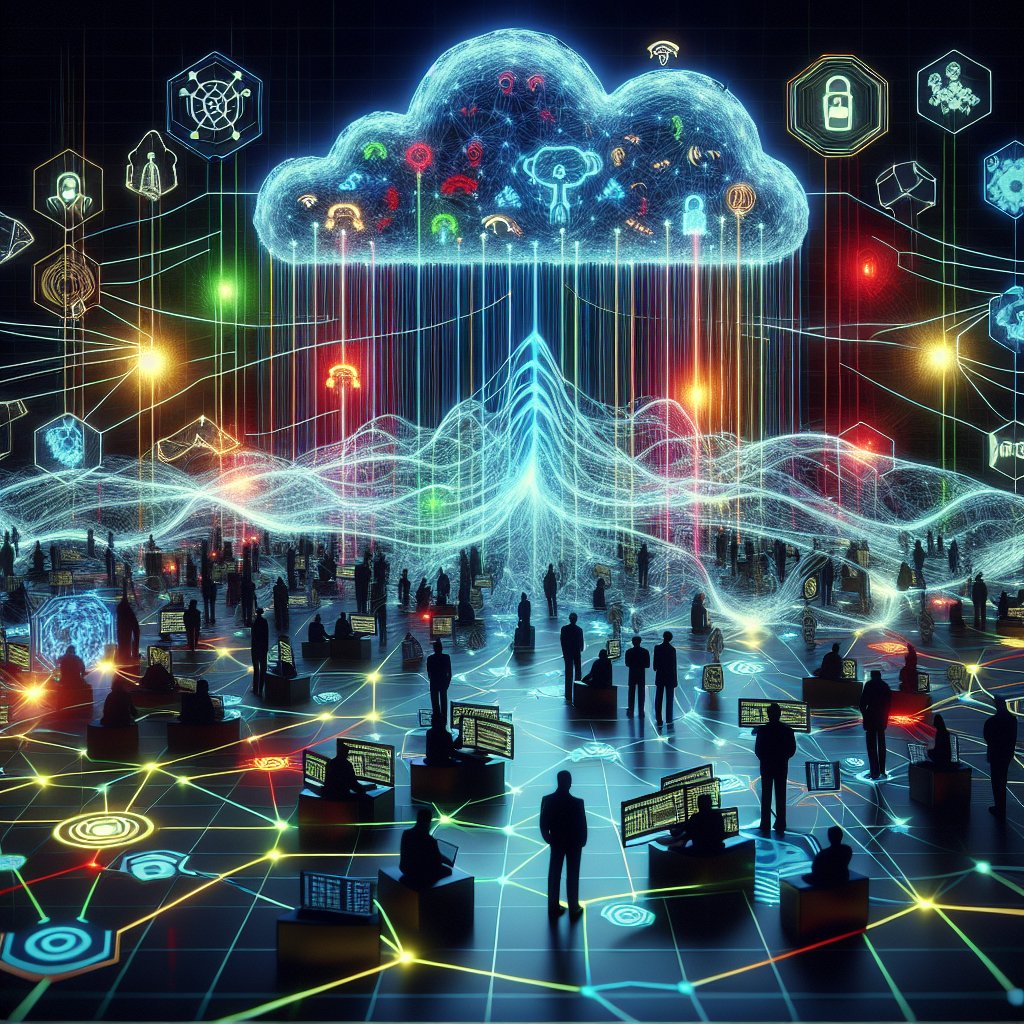Image created by AI
The Resurgence of DDoS: Microsoft's Outage Highlights Persistent Cyber Threat
In an era where cyber threats morph with the advancement of technology, an old nemesis in the form of Distributed Denial of Service (DDoS) attacks has shown its enduring potency. Microsoft Corp.'s cloud-computing platform Azure experienced significant, widespread outages, pinpointing the effectiveness of DDoS despite being regarded by some as a relic of cyber menace past.
The attack, unfolding just hours ahead of the tech behemoth's quarterly earnings announcement, brought to light not just Azure's vulnerabilities, but the ripple effects felt by a myriad of services reliant on it. From Starbucks' mobile orders to essential online services provided by UK government courts and Dutch football club FC Twente, the repercussions were far-reaching.
This type of cyberattack is carried out by the inundation of servers with massive quantities of junk internet traffic, aimed at overloading and ultimately crashing the targets. But this is no mere crank call - the attack's execution is increasingly facilitated by legions of malware-infected devices, ranging from smart home appliances to security cameras, forming what is termed a 'botnet'.
For Microsoft, the battle against this onslaught was aggravated by a misstep in their automated defense mechanism, which, instead of neutralizing the threat, amplified the disruption. Boaz Gelbord, Akamai Technologies' chief security officer, revealed that the simplicity and affordability of launching DDoS attacks have contributed to their newfound resurgence, particularly against enterprise-level targets.
The traditional countermeasure of "buying bigger pipes" to handle the surge is increasingly becoming a less viable option as attackers adapt and multiply. Botnets now have unprecedented reach, due in part to the proliferation of internet-connected devices, making mitigation efforts like distinguishing between legitimate and malicious requests more complex.
The implications of DDoS attacks transcend mere service outages and reach into realms of political expression and extortion, with perpetrators pursuing both ideological and financial ends. While the identity of those behind the Microsoft attack remains a mystery, the incident has shed light on the evolving landscape of cyber threats – one where businesses as significant as Microsoft are not immune.
Microsoft, still dissecting the incident, attributed service disruptions to a "network device misconfiguration," refraining from divulging granularities. As DDoS defenses grow more sophisticated, so too do the offenses; and attitudes of underestimating this form of attack as obsolete are swiftly proven injudicious.
Furthermore, the FBI and CISA have projected that DDoS may play a disruptive role in the forthcoming 2024 US presidential elections, as they have with various political processes globally, including recent events in Venezuela. Like the attack on Microsoft, these incidents underline DDoS's dual nature as both an instrument of chaos and a means of protest, resonating real-world contentions through digital expressions.










